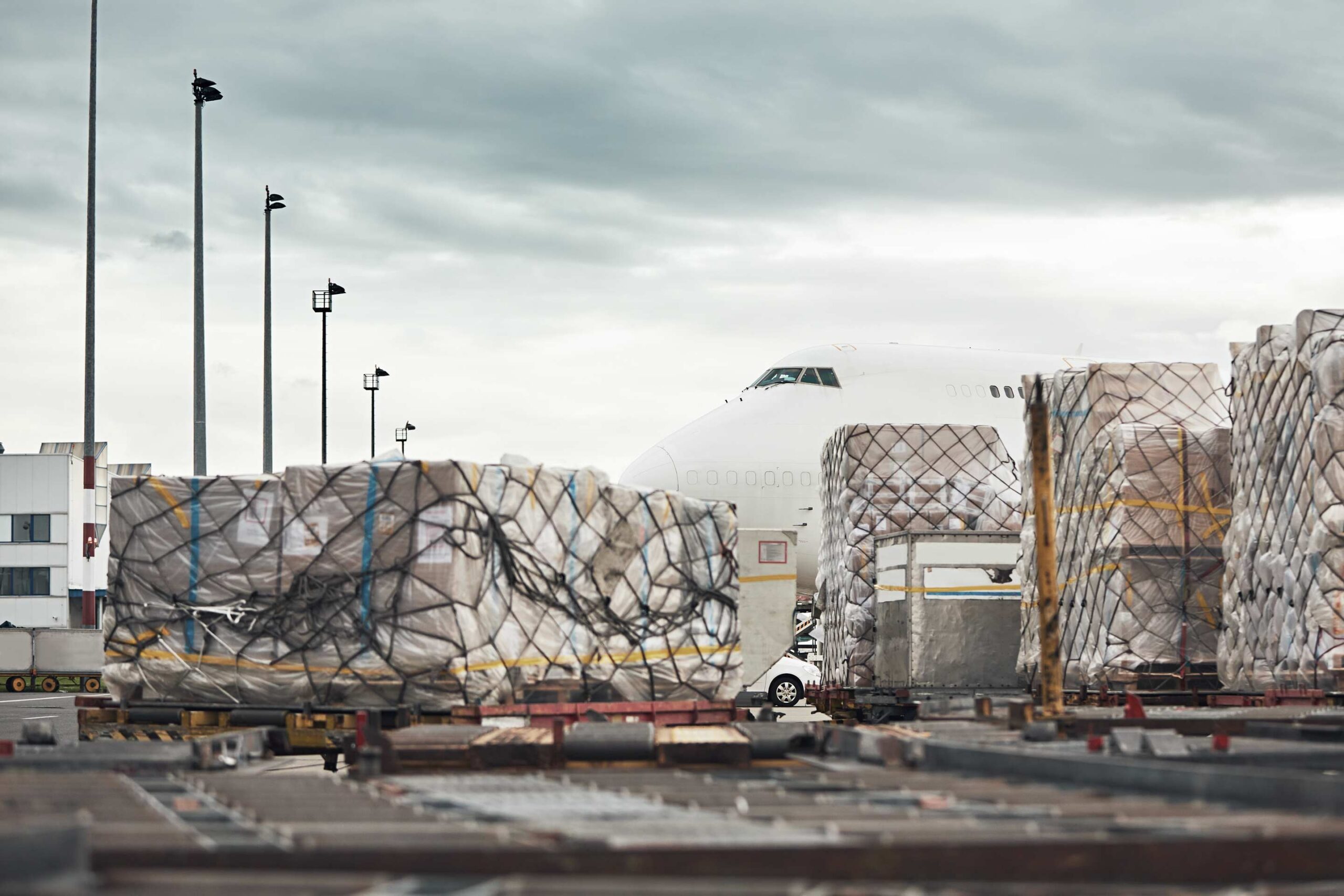Dangerous Goods
Every year, over one and a half million dangerous goods are transported via air cargo charter, with that number steadily growing year-on-year. The shipment of dangerous and hazardous goods requires a specialist skillset and expert knowledge, and it’s vital to follow the latest regulations and shipping guidelines.
A unique set of challenges
The CharterSync team are trained and fully up-to-date on the latest restrictions, ICAO and IATA regulations and technical instructions.
We’re experts in shipping dangerous goods via air cargo, including:
- Finding the most suitable aircraft for your cargo shipment
- Ensuring the correct aircraft is selected based on the parameters of your request
- Advising on the class of dangerous goods and the quantity
limits - Assisting you with permits where applicable
Our areas of expertise include:
- Oil & Gases
- Lithium batteries
- Flammables
- Toxic and infectious substances
- Radioactive materials
- Corrosive goods
Restrictions and regulations for shipping hazardous and dangerous goods are constantly changing. Please refer to the IATA Dangerous Goods regulations for more details.
Why use CharterSync to charter your dangerous goods shipments?
Expert team
Our team of air charter experts are available to you 24/7, and can assist with any questions relating to the dangerous or hazardous goods you might be looking to ship
Access to more airports
We have the ability to reach under-serviced locations, enabling you to deliver your cargo to its final destination, no matter where it needs to be.
Aircraft choice
With thousands of aircraft available to us, we’re sure we’ll always secure the right one for you.
Time-saving technology
Charter options in a matter of minutes – allowing you to stay ahead of the competition, and get your flights departing straight away.
Online contracting
Secure online contracting for a smoother, more efficient agreement process.
FAQs
What are dangerous goods?
Items that pose a risk to the safety of an aircraft or the occupants on board are considered dangerous goods. Dangerous Goods are also known as restricted articles, hazardous materials and dangerous cargo. Many everyday household objects can be categorised as dangerous goods for the purposes of air transportation.
I have a shipment of electronic equipment containing lithium batteries, is it classified as a dangerous good?
Yes, but it might not always require a formal declaration. We recommend looking at Section II of the IATA Lithium Batteries guide for more information.
How do I know if my Lithium batteries meet the requirements of the “UN Manual of Tests and Criteria, Part III, subsection 38.3”?
Please check with the manufacturer or distributor for recent production information. Most battery manufacturers and distributors also have such information on their websites.

